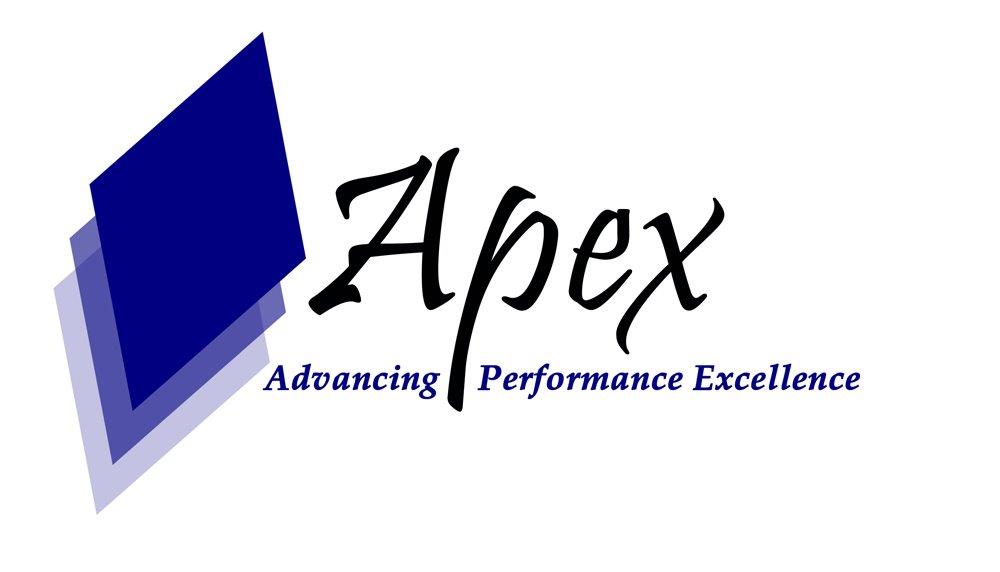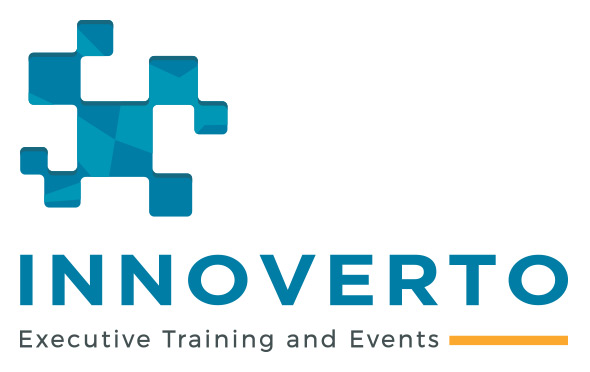This Project Risk Management & Compliance training course will discuss and illustrate the concepts and principles of risk management and how to manage the risks at the project, program and portfolio level.

Risk is inherent in everything we do, and it's no surprise that risk management holds high importance within the business environment. Risk management is not an optional activity; risk management is essential to successful business management. Some organisations manage risk better than others. Project results show that risk management is crucial for successful outcomes. How do organisations accomplish this? What are the best practices in risk management that are needed to succeed in today's changing environment?
Risk management is handling uncertain future events that may affect the projects and the operation of the organisation to minimise the negative impact and increase and enhance the positive effect.
This Project Risk Management & Compliance training course will discuss and illustrate the concepts and principles of risk management and how to manage the risks at the project, program and portfolio level. It will define risk processes and identify how organisations are putting this into practice to maximise project success.
The course will illustrate the lessons learned and tools used in risk planning, identification, analysis, mitigation and control, providing the delegates with the required knowledge, skills and tools and techniques to successfully implement the risk concepts in their project, program and portfolio.
Day One: Introduction And Key Concepts
Risk Key Concepts and Principles
Project, Program and Portfolio Risks
Risk Framework and Context
Business Context
Organisational Framework
Risk Accountability
Risk Lifecycle
Day Two: Risk Planning And Risk Identification
Project Stakeholder
Risk Plan
Communication
Leadership
Motivational Theories
Risk Identification
Tools and Techniques
Risk Register
Day Three: Qualitative And Quantitative Risk Analysis
Types of Analysis
Qualitative Risk Analysis
Quantitative Risk Analysis
Probability Analysis
Decision Tree
Expected Monetary Value
PERT Analysis
Day Four: Risk Response Planning And Implementation
What is response strategy?
Types of Response Strategies
Positive Risk Strategies
Negative Risk Strategies
Risk Response Implementation
Day Five: Monitoring And Controlling Risks
Difference between Monitoring and Controlling
Risk Monitoring
Risk Controlling
Risk Closing
Risk Response Evaluation
Risk Documentation
XCalibre Training Centre offers unique development and skill-based training courses internationally that aim to nurture practical result-driven abilities in individuals to keep up with the constantly changing business requirements.
We equip people with information and opportunities to propel them forward in their careers by offering training in versatile sectors, including human resources, energy and innovation, data management & IT, maritime management, and more.
Our organisation hires globally-acclaimed subject matter experts that has extraordinary references. Having this together with their academic knowledge and real-life experiences can bring out courses and seminars with best practices that ensure substantial output and benefits to the attendees.
XCalibre Training Centre assists our delegates from varied backgrounds, qualifications, designations, and industries willing to improve their career path for self-sustenance and self-realization. The end goal is to create a mutually beneficial relationship between organizations and their employees to reach their desired levels of success.
(Institute Review)
55 years ago(Institute Review)
55 years ago
This course will arm you with the knowledge that confronts top level strategic challenges and help you identify the opportunities from governance to stakeholder assessment. It offers you the techniques to manage executive level support and i

This program prepares delegates to obtain the PMI Risk Management Professional certification

This is a certified course to learn about Credit Risk Management through mitigation of risk involved in non-payment of loans and many other scenarios.

This training is spread over five days to teach you about the essential benefits and principles of the Risk-Based Inspection process. You will get an in-depth understanding of asset integrity as a key to ensuring operations are safe, profita

This qualification will prepare you and your team how to identify, evaluate, manage and act on the risks which are common in an organisation and teach you about corporate governance.
© 2025 www.coursetakers.ae All Rights Reserved. Terms and Conditions of use | Privacy Policy